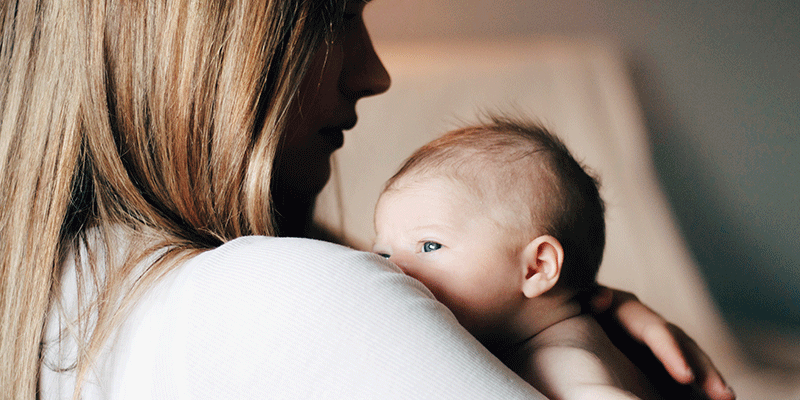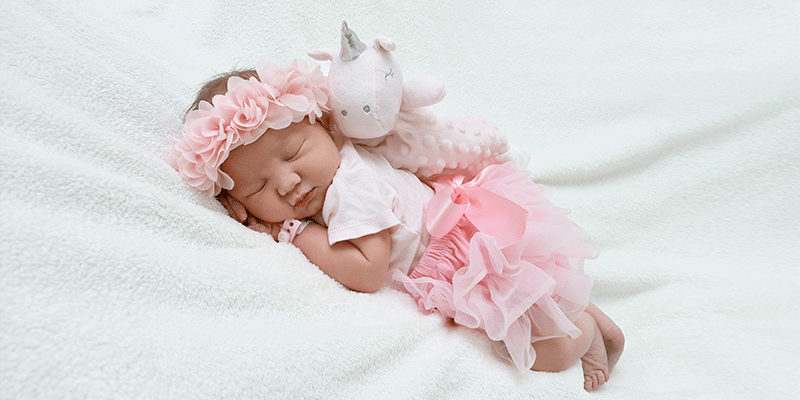
Take Care of Yourself
Children grow faster in their first year than at any other time in their lives. This will take a lot of your time and energy. You need to be healthy and happy to give your child the best start possible. When you feel good about yourself, you will be helping your baby feel happy and secure too. This is why you need to find the time to take care of yourself. Let people know when you need support or help. After you are rested, you will have more energy and you will be able to have more fun with your baby.
Others Who Care For Your Baby
Developing a close bond with parents and family members is important. It helps infants form positive relationships with others.
- By letting other people hold and talk with your baby when you are around, your baby learns how to relate to other people.
- When you cannot be with your baby, it is best if the same few trusted people are the caregivers. Your baby will learn to expect and enjoy their company and kindness.
- If you decide to leave your baby with a relative, friend, or professional child care provider, make sure that the caregiver and surroundings adequately provide a healthy, safe and comforting environment. This way, you will feel confident about the safe and loving care being provided.
A Strong Start for Life
Infants spend the first year learning to feel secure about being loved. Love—expressed in the ways mentioned here, and in many other ways by you—will give your child the physical strength to fight illness, the emotional strength to feel confident, and the ability to learn new things.
Last Updated 6/1/2012
Source Healthy Children Magazine, Back to School 2012
The information contained on this Web site should not be used as a substitute for the medical care and advice of your pediatrician. There may be variations in treatment that your pediatrician may recommend based on individual facts and circumstances.






